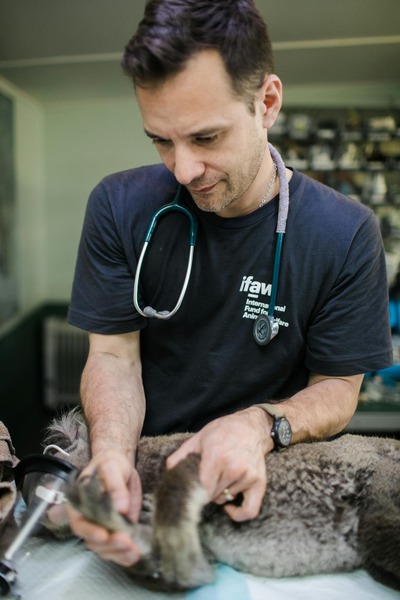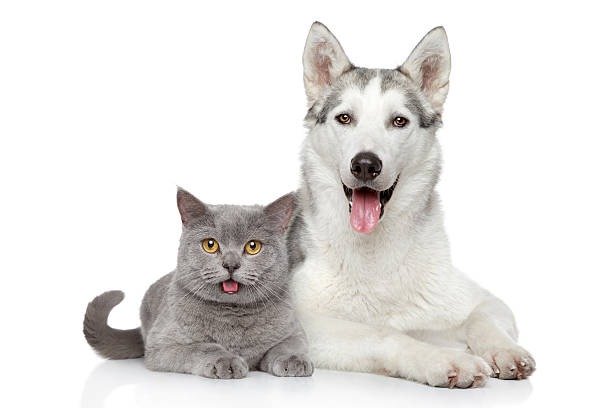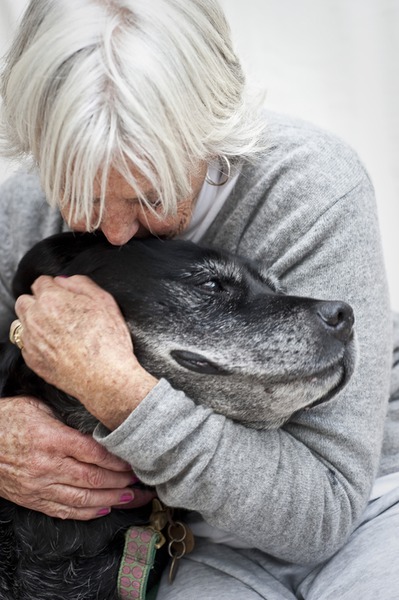When our cuddly companions face health issues, it’s only natural that we want to find the best possible treatments for them. One such treatment that’s proven to be a game-changer for pets with certain thyroid conditions is radioiodine therapy. However, diving into this treatment option requires a solid understanding and some critical considerations. In this article, we’ll walk through the finer points of radioiodine therapy for pets, highlighting what you need to know before making an informed decision about your furry friend’s health care.
Radioiodine Therapy for Pets
Radioiodine therapy (I-131 treatment) is a well-established method for treating thyroid disorders in humans and pets, especially cats. It uses radioactive iodine to destroy overactive thyroid tissue while sparing nearby areas. This treatment is minimally invasive and effective for conditions like hyperthyroidism, common in older cats. Understanding the treatment’s details, potential risks, and necessary aftercare.
Key Factors to Consider Before Treatment
Not every pet with hyperthyroidism is an ideal candidate for radioiodine therapy. Consider your pet’s overall health and any other medical conditions that could complicate the treatment or recovery. Expert input comes in handy, and seeking out vet radiology in Gaithersburg, MD, could provide the thorough assessment needed to determine your pet’s eligibility.
1. Diagnosis Confirmation
Before proceeding with radioactive iodine treatment, it is crucial to have a confirmed diagnosis of hyperthyroidism. This typically involves clinical signs, blood tests to measure thyroid hormone levels (T4 and free T4), and imaging studies such as thyroid scintigraphy or ultrasound. Accurate diagnosis ensures that the treatment is appropriate and likely to be effective.
2. Overall Health of the Pet
Assessing the pet’s overall health is essential before undergoing radioactive iodine treatment. Pets with other significant health issues, such as kidney disease, heart disease, or diabetes, may require special consideration or management before, during, and after the treatment. A thorough veterinary examination and possibly additional diagnostic tests are necessary to evaluate the pet’s fitness for the procedure.
3. Kidney Function
Hyperthyroidism can mask underlying kidney disease in pets, as the increased blood flow associated with hyperthyroidism can temporarily improve kidney function. Treating hyperthyroidism may unmask renal insufficiency. Therefore, it is important to assess kidney function through blood and urine tests before proceeding with radioactive iodine treatment. Monitoring kidney function after treatment is also essential to promptly address any emerging issues.
4. Age of the Pet
The pet’s age can influence the decision to treat radioactive iodine. While hyperthyroidism is more common in older cats, the pet’s overall health and life expectancy should be considered. Older pets may have additional health concerns that need to be managed alongside hyperthyroidism, and the benefits of treatment should outweigh any potential risks or stress associated with the procedure.
5. Owner’s Ability to Manage Post-Treatment Care
Radioactive iodine treatment requires a period of isolation and special care post-treatment to ensure safety and compliance with radiation safety guidelines. Pet owners must be able to manage this period, which typically involves limiting close contact with the pet, handling waste appropriately, and adhering to specific care instructions provided by the veterinary clinic. Owners must be prepared and capable of following these guidelines to ensure their safety and the effectiveness of the treatment.
6. Cost of Treatment
Radioactive iodine treatment can be more expensive upfront compared to other treatment options for hyperthyroidism, such as medication or dietary therapy. Pet owners should consider the total cost, including the treatment, post-treatment care, and follow-up visits. However, it is also essential to consider the long-term benefits and potential cost savings, as radioactive iodine treatment is often a one-time procedure that can cure hyperthyroidism, eliminating the need for ongoing medication and monitoring.
7. Availability of Treatment Facilities
Not all veterinary clinics offer radioactive iodine treatment, and it may be necessary to travel to a specialized facility. Pet owners should research the availability of treatment centers, the credentials and experience of the veterinary team, and any logistical considerations related to travel and accommodation. Ensuring access to a reputable facility is critical for the success of the treatment.
8. Alternative Treatment Options
Before deciding on radioactive iodine treatment, exploring and discussing alternative treatment options with the veterinarian is important. Medications, such as methimazole, and special diets can also manage hyperthyroidism but may require long-term administration and monitoring. Understanding the pros and cons of each option, including potential side effects, effectiveness, and impact on the pet’s quality of life, will help in making an informed decision.
9. Long-Term Prognosis and Quality of Life
Considering the long-term prognosis and quality of life is essential when deciding on radioactive iodine treatment. The goal is to ensure that the pet can live a healthier, more comfortable life post-treatment. Discussing the expected outcomes, potential complications, and overall impact on the pet’s well-being with the veterinarian will provide valuable insights into the suitability of the treatment for the pet’s specific case.
10. Pet’s Behavior and Temperament
The pet’s behavior and temperament can influence the decision to proceed with radioactive iodine treatment. Some pets may experience stress or anxiety related to the isolation period and the handling involved in the treatment process. Assessing the pet’s ability to cope with these aspects and discussing any concerns with the veterinarian can help determine the best approach to minimize stress and ensure a smooth treatment experience.
For those looking for more in-depth analysis or additional support services, researching online is a great start. The company’s website can provide additional information about its services.
What Are the Alternatives?
If radioiodine therapy doesn’t seem like the right fit for your pet, other treatments are available. Daily medication, surgical removal of the thyroid gland, and specialized dietary changes are alternatives that may be worth discussing with your vet. Each comes with its own set of pros and cons, and choosing the best course of action depends on your pet’s specific needs and circumstances.
Choosing a Provider
Finding a veterinarian or specialist who is experienced in radioiodine therapy is vital. Look for a facility known for quality care in this field, and don’t hesitate to ask about its track record and protocols.
Questions to Ask
-
How many radioiodine treatments have they performed?
-
What is their success rate?
-
How do they handle aftercare?
-
Are there any follow-up treatments or check-ups needed?
Discussing these questions will help you better understand what to expect and establish trust between you and the healthcare provider. Remember that expertise and experience are particularly important for specific issues like feline hyperthyroidism treatment.
Long-Term Considerations
Monitoring Your Pet’s Health Post-Treatment
After undergoing radioiodine therapy, your pet will require regular monitoring to ensure the treatment is successful and to check for any changes in thyroid function or overall health. Your vet will likely recommend periodic blood tests and check-ups following the treatment.
It is also important to monitor your pet’s behavior and health at home. Changes in appetite, activity levels, and general demeanor can be early indicators of how they’re responding to treatment.
Lifestyle Adjustments
Some pets might need a shift in lifestyle after treatment, such as altered diets or a modified exercise regimen. Being open to making these changes and staying flexible will help your pet adjust more easily and support its overall well-being.
Final Thoughts
Choosing radioiodine therapy for your pet is an important decision that needs careful consideration and advice from vets. This highly effective treatment can greatly enhance the lives of pets with thyroid problems. Understanding all aspects, including suitability, costs, and aftercare, helps you make an informed choice for your pet’s well-being. Consult local vets or veterinary radiology experts for the best guidance for your pet’s specific needs. With the right information and resources, you can ensure a healthier and happier life for your furry friend.





